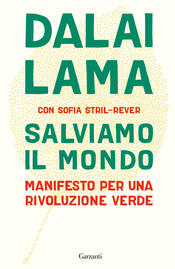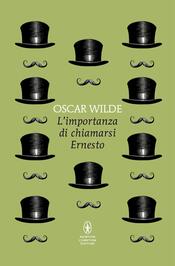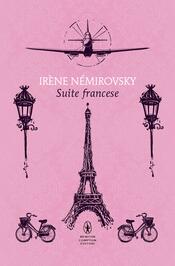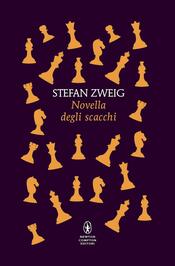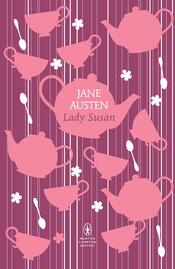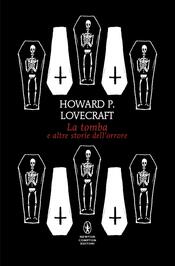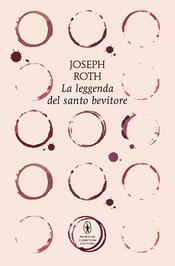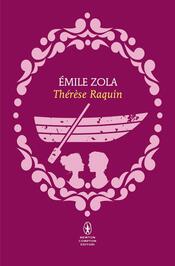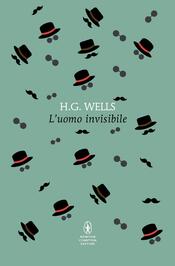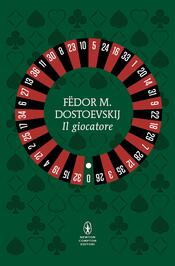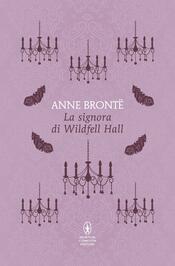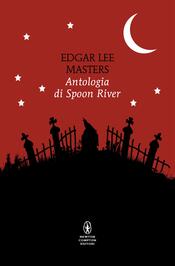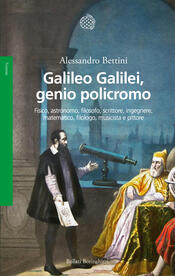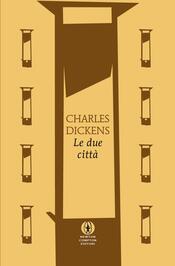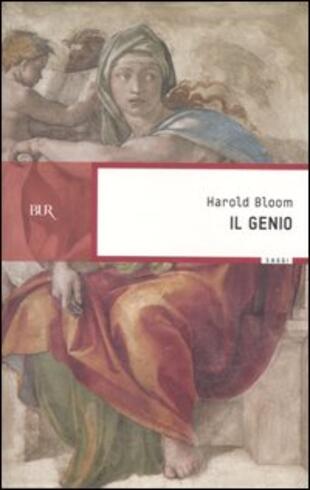

Il genio. Il senso dell'eccellenza attraverso le vite di cento individui non comuni
Acquistalo
Sinossi
Che cos'è il genio? È un'idea che la cultura materialista del nostro tempo non ama, e che tenta di spiegare, riconducendone la portata, con l'analisi del contesto storico, sociale o culturale, o con il determinismo genetico. Ma per il critico americano Harold Bloom una definizione materialistica del genio è impossibile, dato che il genio è proprio l'aspirazione allo straordinario e al trascendentale che, magari inconsapevolmente, coltiviamo dentro di noi e che alcuni individui hanno saputo realizzare con le loro opere. In questo saggio l'autore limita la ricognizione al campo dei suoi studi, cioè ai geni che hanno scelto la parola come mezzo di espressione, in un racconto che spazia dalla Palestina del X secolo avanti Cristo alla fine del XX secolo.
- ISBN:
- Casa Editrice:
- Pagine: 945
- Data di uscita: 29-09-2004
Recensioni
Harold A Bloom’s book on Genius considers the 100 of people the author views as the smartest people of all time. His list includes religious icons such as Saint Paul and Augustine as well as famous secularist’s Proust and Calvino. I am not going to make this a long review of my favorites. Instead I a Leggi tutto
I loved this book, but I think mostly because I enjoy reading about books and authors, I think there's something kinda warming about hearing somebody discuss these books with what seems to be an unrivaled passion. So, in that sense, it's a really biased review since I just really like this kinda faw Leggi tutto
An enjoyable read. A book about other writers and books can’t go wrong really for me. I liked Bloom’s writing style and it was a pleasure to meander through Bloom’s clearly erudite knowledge of some of the world’s most exquisite writers and glean from his insights into them. Shakespeare was clearly Leggi tutto
Bloom eccede in narcisismo, ovvero convincere che il suo pensiero sulla letteratura è IL pensiero. Tutto l'uomo è stato esplorato e descritto interamente da Shakespeare, secondo Bloom. L'uomo nasce da una costola di Shakespeare. E ovviamente non è vero, ogni epoca presenta le sue intuizioni original Leggi tutto
The idea sounded great: trace some of the brightest minds throughout history and reveal who they were, what they did, and how the mass of mediocre-minded men and women (like me) can relate and be inspired. Unfortunately, the author spiraled into esoteric ruminations on the more obscure aspects of ea Leggi tutto
In a book like this, there are usually writers that the reader is surprised to find on the list and writers that the reader feels should be on the list. The one writer that I feel was missing in particular was Yukio Mishima, the great Japanese writer. Bloom left out this part of the world as a whole Leggi tutto
I more or less panned Bloom's "The Western Canon", but for some reason "Genius" seemed so much more tolerable for me to read, despite the critic writing much in the same idiosyncratic and highly personal and digressionary mode. Why? I would say most of it has to deal with the fact that the chapters
نبوغ ، نوشته ی هارولد بلوم،نشر هرمس به ترجمه محبوبه مهاجر کتاب شیرین، روان و خوشخوانیست که درسال 91 منتشر شده است.شرح نبوغ صد نابغه از بزرگترین ادیبان جهان از سقراط تا اکانر.این ترجمه اما به دلائلی که مترجم در موخره کتاب ذکر کرده است شامل نیمی از این نوابغ است. کتابی که تو را غرق در ادبیات صرف می Leggi tutto
Citazioni
Al momento non ci sono citazioni, inserisci tu la prima!


